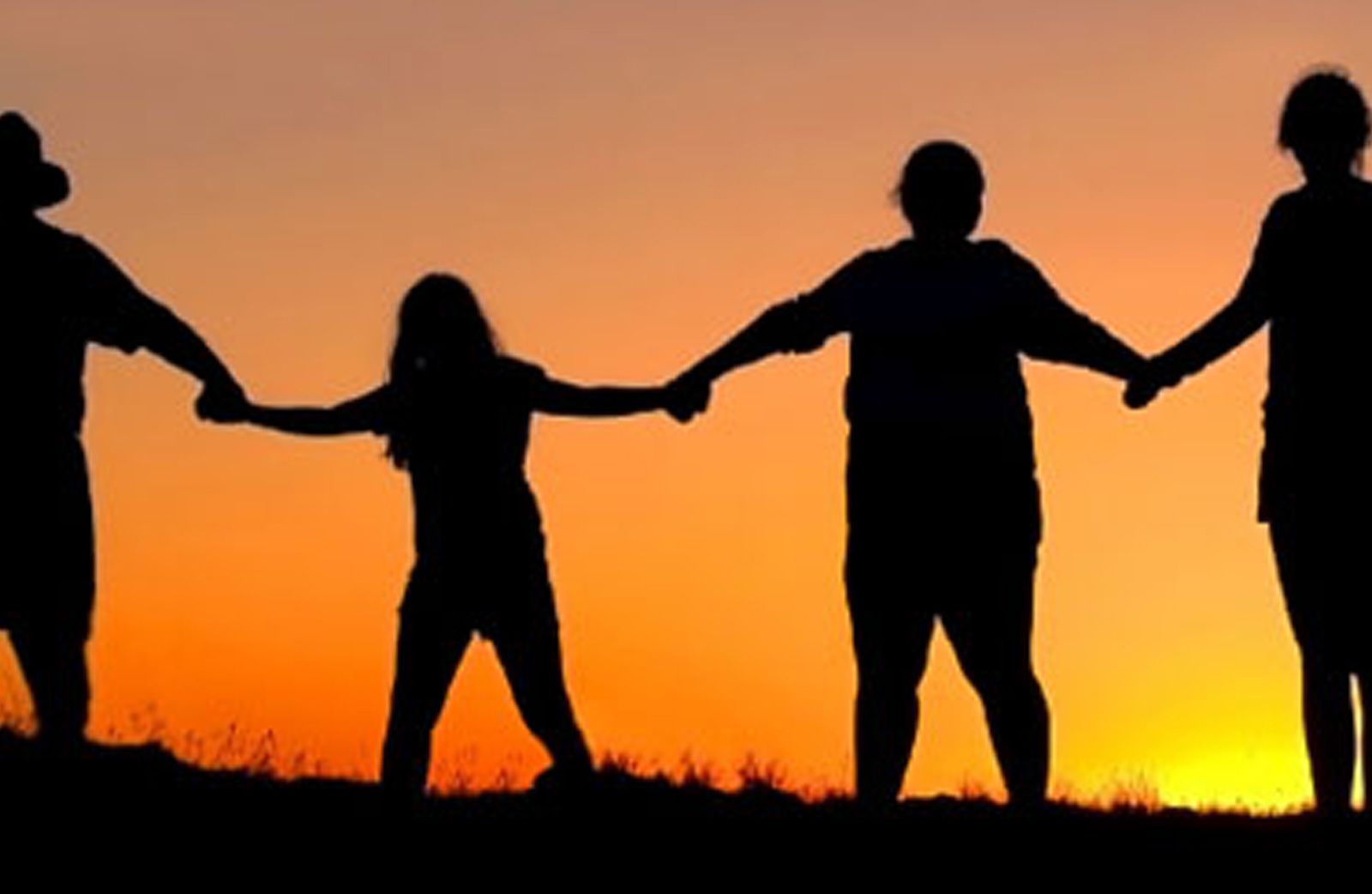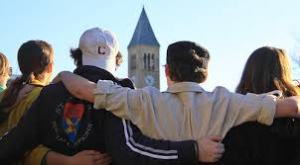
Welcoming The Stranger PT 2
BE COMMUNITY MINDED
This is part 2 of a talk I gave as part of the Women’s World day of prayer a couple of years ago. If you haven’t read part 1, you might want to – it might make more sense.
We will only move towards welcoming the stranger when our view of community changes.
I visited a number of different congregations across the denominations in my role as Church in Community Advisor with Tearfund. I also was involved in commissioning and facilitating three pieces of research into the relationship between churches and between churches and the local community in different geographical areas.

In many cases the church is or has become community for many of its members. Many find their identity in the church and the church culture. So we identify with people in our congregations who are mostly similar to us – from a similar social background – with similar aspirations and values. So congregational members worship in their church – of course – but they also volunteer there, socialise there and spend most of their spare time there. The church is then in danger of becoming the equivalent of a club of similar people. It’s like a group of people who are holding hands in a circle and looking inward.
Of course, as with the picture of the church modelled in Acts it is important that within our church families we support and care for each other. But this is clearly to be a model of open and welcoming community, a community that others will be drawn
to. According to Acts people said – “Look how they love each other”. And “…daily added to their number.” Perhaps this would be a good baseline from which to start. Is this what people outside the church in our local community are saying about us? Do we stop, take time and ask people outside the church what they do think?

For many congregations there may be a need to turn around in our circles and face outward. We need to love one another in churches in a way that compels people to want to be a part of us – no matter who they are.
We need to move from our individual church values to Kingdom values. So we need to work out our Kingdom values in the towns and cities in which we live. Think of the impact this would have.
NB: As I was finishing this off today and reflecting on the recent atrocities in Paris, the Lebanon, Bagdad and earlier in the year in Kenya – it came home to me just how important our view of community is.
It’s not just in the church that we become inward looking. As individuals we spend so much time looking at ourselves and our problems, many of our own making.
In my own life I have learned that the more I do this the more narcissistic and unhappy I become. My “massive” problems overwhelm me leaving me little time, energy or indeed interest in or for other people. My life is the only reality I know – so obviously people must all think like me, have my intellect, my ability, my political leanings and prejudices.
It’s only in the times of reaching out to others in their pain, distress and need and the focus is taken off myself – that things begin to shift. We begin to create new norms of community as we lift our eyes to others. As we develop relationships or better – friendships across barriers, this shift is even greater. These barriers can be many; socio-economic, religious background, sexuality, ethnic, intellectual….and the barriers are often ones of prejudice which comes from lack of understanding.
This is not the time to dig ourselves more deeply into our insular trenches where we will never begin to know or understand those who are different to ourselves. Whilst in Rwanda I had the privilege of meeting a wise retired Bishop who had been put in charge of the country’s Commission for Unity and Reconciliation. His own family had experienced torture, violence and discrimination.
He was involved in the new government for National Unity which came together from opposing factions for the benefit of Rwanda as a whole. He looked me in the eye and he said, “We have taken the more difficult way of reconciliation. We did not ask ourselves, “As Rwandans, who are we? We asked ourselves, who do we want to be?”
So whether it is me as an individual, our church, our community, our country or our world – this is the question to ask. Who do we want to be?